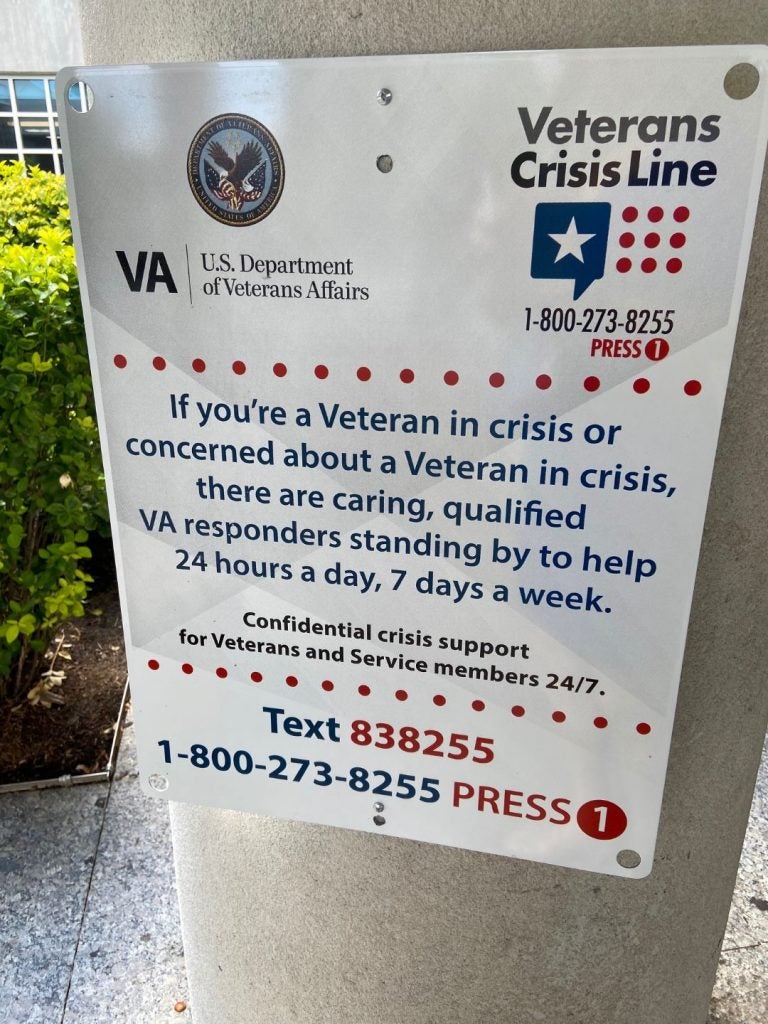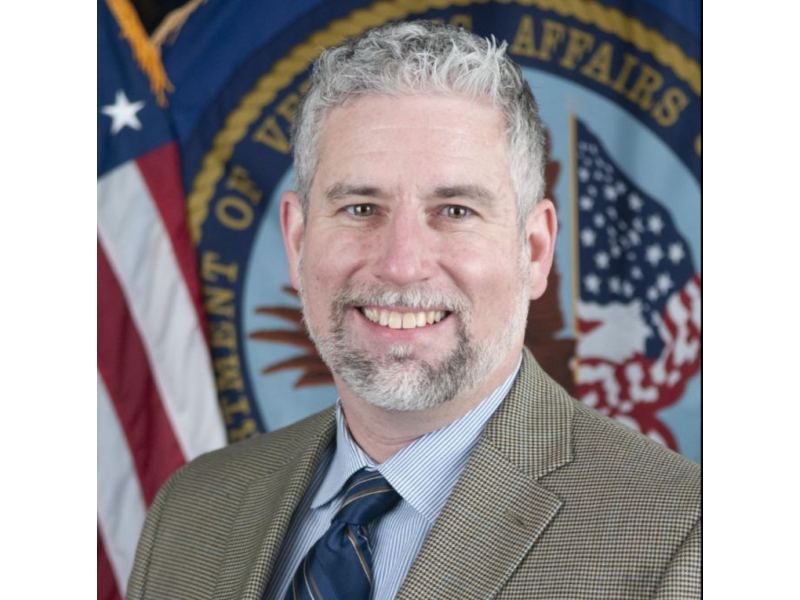The end of July is often a busier time in Dustin Wright’s office.
“The 4th of July and patriotic holidays like Memorial Day,” tend to bring in more veterans seeking services, said the chief of the mental health service at the Charlie Norwood VA Medical Center. “It’s the patriotic holidays and Sept. 11 when a lot of veterans tend to have hard times emotionall
But there was something else, he said. At first, he attributed it to people getting out more after COVID-19. That wasn’t it though. As the images have begun to pour out of Afghanistan, the real culprit behind the uptick has been revealed.
“A lot of what we are seeing is related to those emotions,” he said.
For those who’ve served in Afghanistan, it can be hard to see how quickly the Taliban has taken control of a place those veterans spent one, two, three or maybe even more tours of duty in the nation-building effort.
Increased anxiety, hypervigilance such as checking the locks multiple times before going to bed, nightmares and the desire to stay away from crowds of people are a normal response to what’s going on, he said. And it doesn’t mean that a veterans’ PTSD has returned.
It’s a normal response.
[adrotate banner=”54″]
Wright said 30 days is a benchmark when dealing with emotional trauma.
He encourages positive behavioral changes and “basic self-care” to alleviate symptoms
Take an extra walk a week, limit exposure to the images coming out of Afghanistan, take social media in small doses and get adequate sleep. He cautions to stay away from excessive alcohol and junk food. He also advocates volunteerism.
“Giving back to the community is a nice distraction,” he said.
When people are giving back to others, it’s hard for them to think of their own worries, he said.

If family members notice the negative behavior charges, they can suggest these things in a non-threatening way.
Wright said the 30 days is a valid suggestion in most cases; however, if there is increased alcohol or substance abuse and more thoughts of suicide, professional help may be needed before that month is up.
MORE: Opinion: Consequences and Contexts of Afghanistan are Not Unique to the United States
Options include talking to the primary care provider or talking to someone at the Augusta Vet Center, 2050 Walton Way Suite 100. The vet center’s only mission is to provide counseling services, he said. The center’s number is (706) 729-5762.
If the veteran is in danger, the Veterans Crisis Line is available 24 hours a day, seven days a week at (800) 273-8255 press 1 or text 838255.
Charmain Z. Brackett is the Features Editor for The Augusta Press. Reach her at charmain@theaugustapress.com.
[adrotate banner=”51″]











